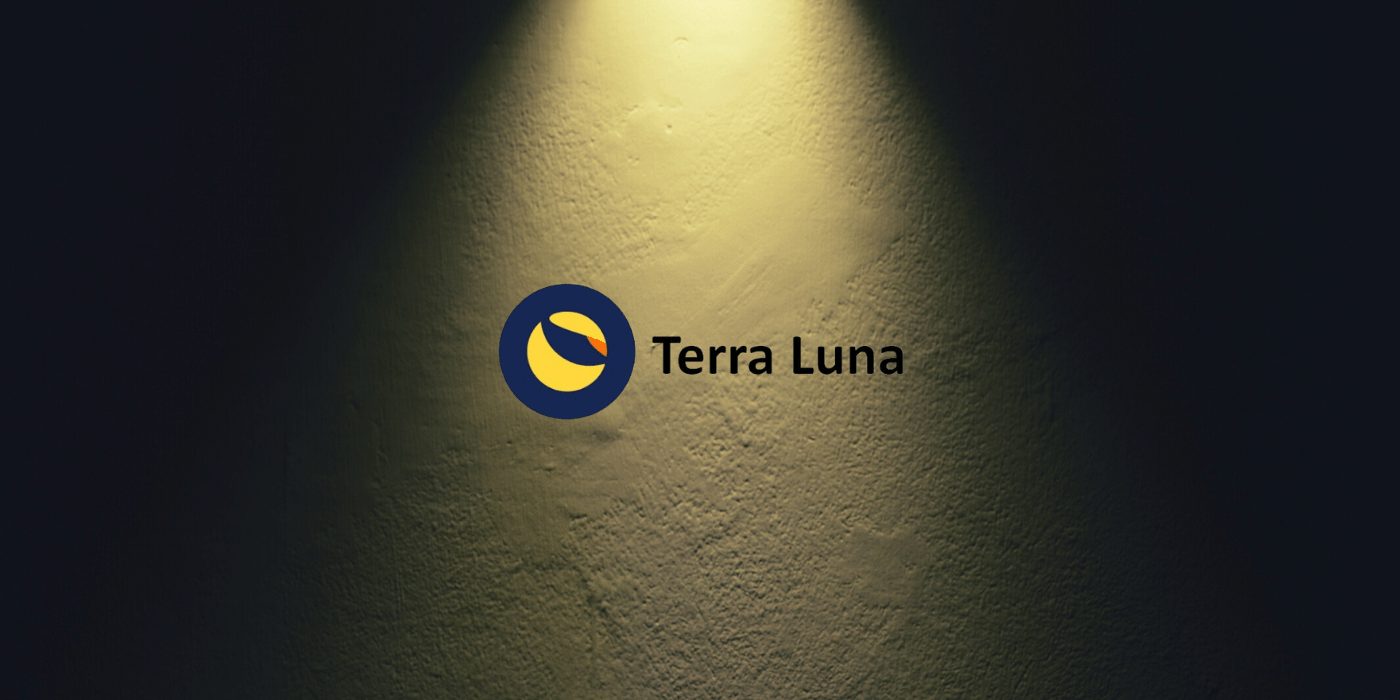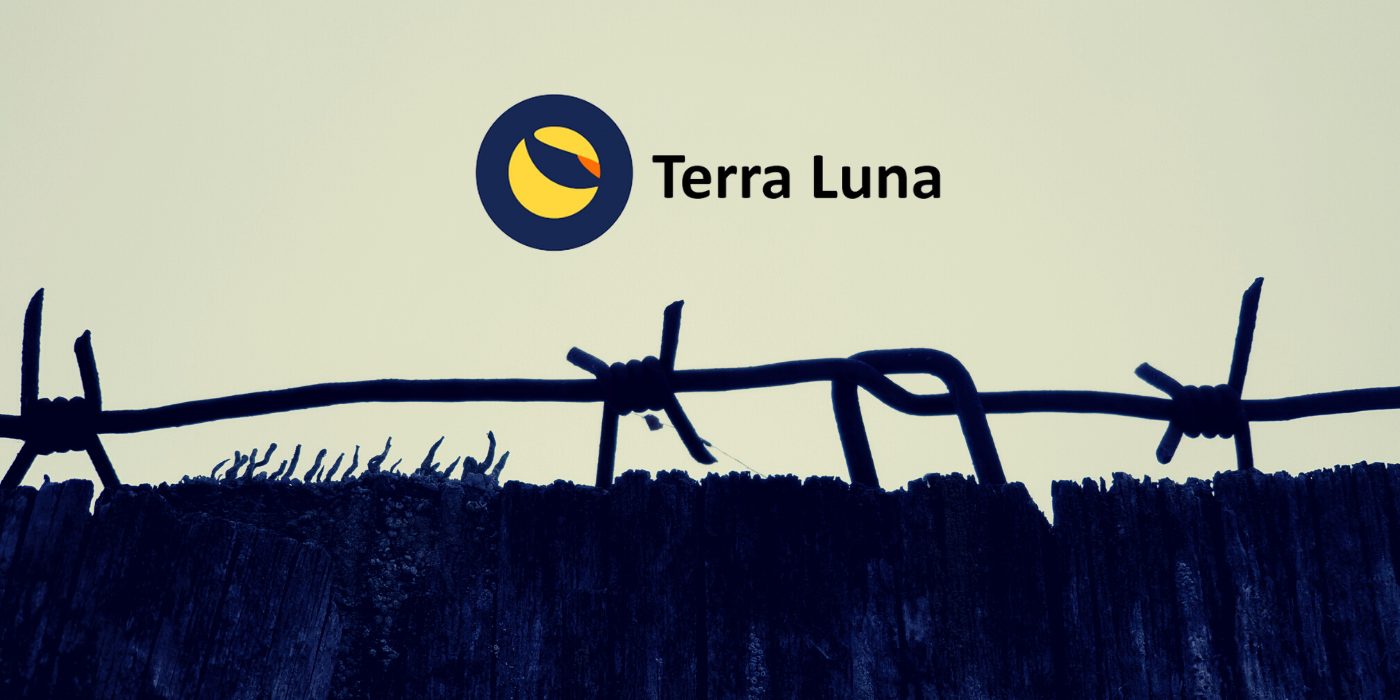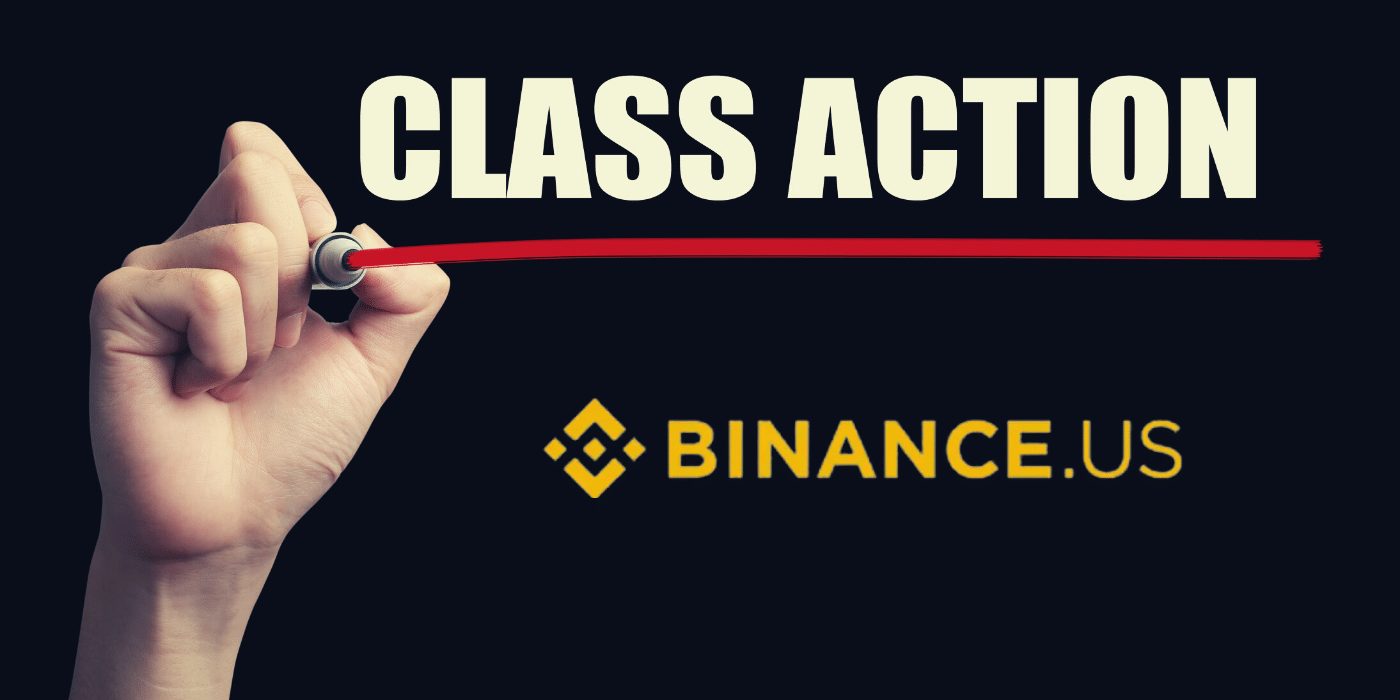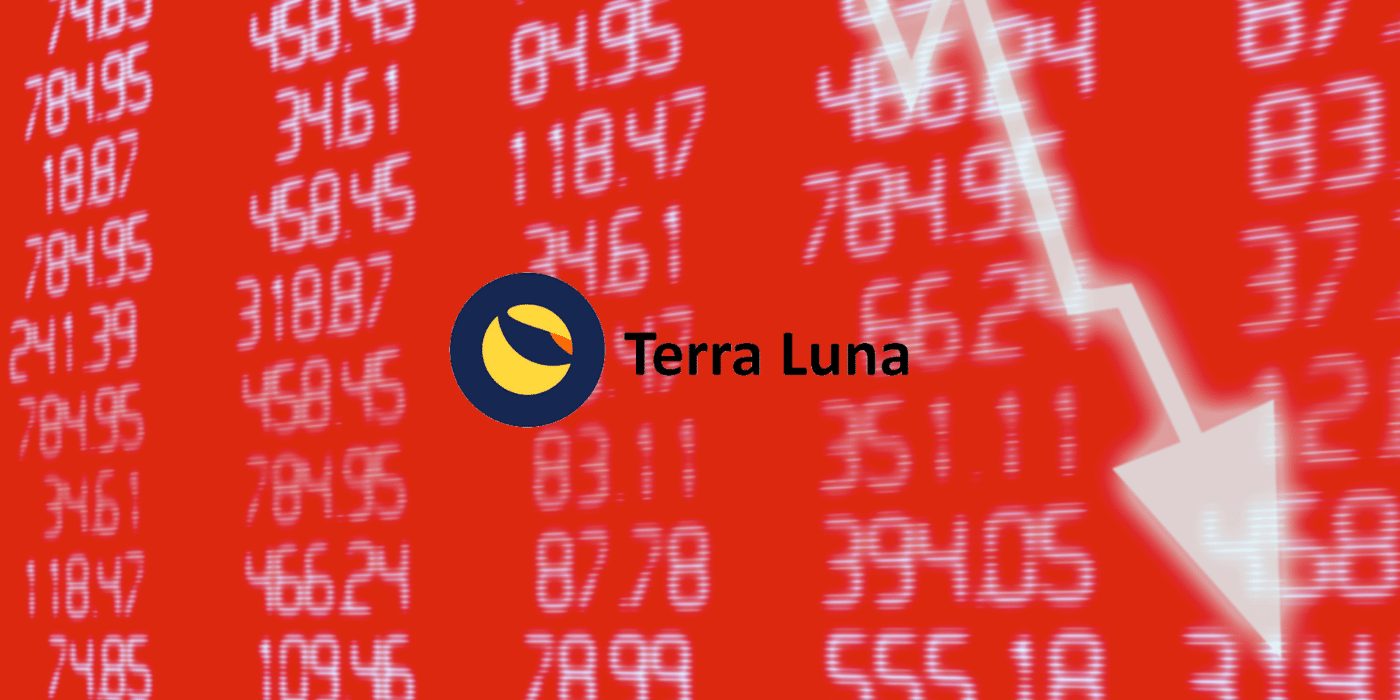One of the richest men in crypto, 30-year-old FTX founder and CEO Sam Bankman-Fried (also known as SBF), has warned that some “third-tier” crypto exchanges are already secretly insolvent.
Among his recent comments to Forbes, SBF declined to name which exchanges he believes are currently broke. However, his warning comes as the fallout from the May collapse of the Terra blockchain continues to wreak havoc across the crypto market, with the highly Terra LUNA-exposed Singapore-based venture capital firm Three Arrows Capital (3AC) recently announcing it’s nearing insolvency.
SBF Bails Out Struggling Firms
As a result of 3AC’s insolvency issues, fellow crypto-focused firms BlockFi and Voyager Capital – which had each given 3AC sizeable loans – also found themselves in treacherous financial waters.
Fortunately for these firms, SBF swooped in, through his exchange FTX and trading firm Alameda Capital, to provide US$250 million in credit to prop them up and protect their customers’ funds.
Speaking to Forbes about the credit infusion SBF said, “ … You know, we’re willing to do a somewhat bad deal here, if that’s what it takes to sort of stabilise things and protect customers.”
Of course, stabilising the crypto market and seeing it grow is also very much in SBF’s interest – his US$20.5 billion fortune is closely tied to the performance of the crypto market.
It has also recently emerged that SBF may be looking to go beyond simply providing credit to BlockFi, with reports suggesting he is now in talks to acquire the New York-based firm.
SBF Expects to See Numerous Exchanges Fail
Despite his willingness to prop up some ailing crypto firms, SBF doesn’t anticipate this generosity being applied indiscriminately across the industry. Talking to Forbes, SBF said there were companies throughout the crypto industry that were beyond saving:
There are companies that are basically too far gone and it’s not practical to backstop them for reasons like a substantial hole in the balance sheet, regulatory issues, or that there is not much of a business left to be saved.
Sam Bankman-Fried, founder, FTX
Tether Won’t Collapse
One much-maligned digital asset SBF has no fears for is crypto’s largest stablecoin, Tether (USDT). While many consider the collapse of the US$70 billion stablecoin is inevitable due to its reportedly less than ideal collateral situation, SBF claims there’s no reason to worry, saying: “I think that the really bearish views on Tether are wrong … I don’t think there is any evidence to support them.”
In other SBF news, the crypto magnate declared on a podcast last month that he was willing to donate up to US$1 billion to the US Democratic Party to keep Donald Trump from returning to the White House.














